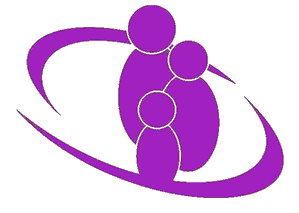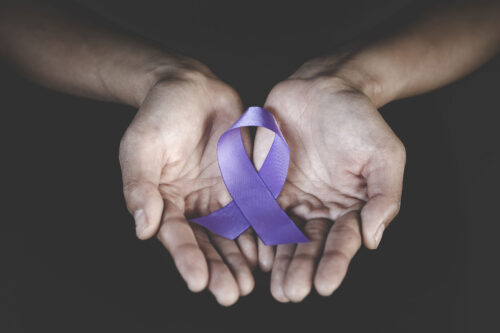If you need to quickly close the page, click the EXIT THIS SITE button on any page, located at the top right section, to be sent to a blank search page.
If you are in emergency please call the 24 hour crisis line at (252)-752-3811

I NEED HELP NOW
If you are in an emergency situation, call our Crisis Line at 252-752-3811

I NEED TO SPEAK WITH SOMEONE
If you would like to chat with one of our professionals please call 252-758-4400

I WANT TO LEARN MORE
Learn more about CFVP and the services we provide by clicking on About CFVP.

View Our Calendar
Click here to view our upcoming events.
BREAKING CYCLES BUILDING LIVES
Thank you for visiting our Website. The Center for Family Violence Prevention offers a safe, encouraging, and welcoming place for survivors of domestic and intimate partner violence and their children. We are committed to providing resources and services to ensure the basic needs of survivors are addressed and survivors are empowered as they walk their journey towards self-sustainability and healing.
Making an Impact

What We Do
We are a nonprofit organization focused on the intervention and prevention of domestic violence. We are committed to breaking the cycle of domestic violence and promoting healthy family relationships in our community.

Community Awareness
Are you passionate about what we’re doing? Let us know! We are always looking for volunteers to help us make our vision a reality. We’ll help you find a way to volunteer that best suits you.

What is Domestic Violence?
Domestic violence (also called intimate partner violence (IPV), domestic abuse or relationship abuse) is a pattern of behaviors used by one partner to maintain power and control over another partner in an intimate relationship.
Public Awareness, Education and Training
Warning Signs of Domestic and Intimate Partner Violence
Red flags and warning signs of an abuser include but are not limited to:
- Extreme jealousy
- Possessiveness
- Unpredictability
- A bad temper
- Cruelty to animals
- Verbal abuse
- Extremely controlling behavior
- Antiquated beliefs about roles of women and men in relationships
- Forced sex or disregard of their partner’s unwillingness to have sex
- Sabotage of birth control methods or refusal to honor agreed upon methods
- Blaming the victim for anything bad that happens
- Sabotage or obstruction of the victim’s ability to work or attend school
- Controls all the finances
- Abuse of other family members, children or pets
- Accusations of the victim flirting with others or having an affair
- Control of what the victim wears and how they act
- Demeaning the victim either privately or publicly
- Embarrassment or humiliation of the victim in front of others
- Harassment of the victim at work
- From the National Coalition Against Domestic Violence

